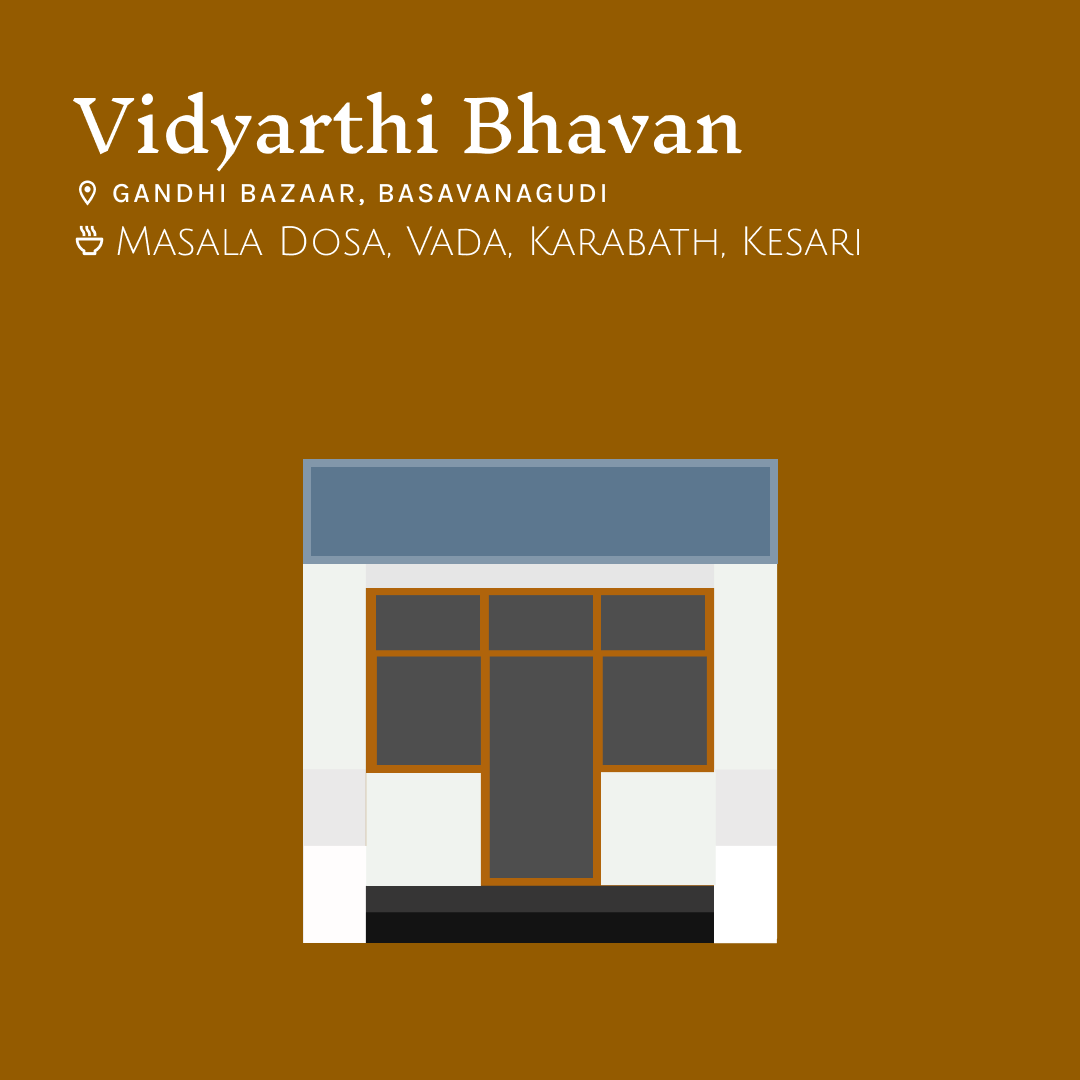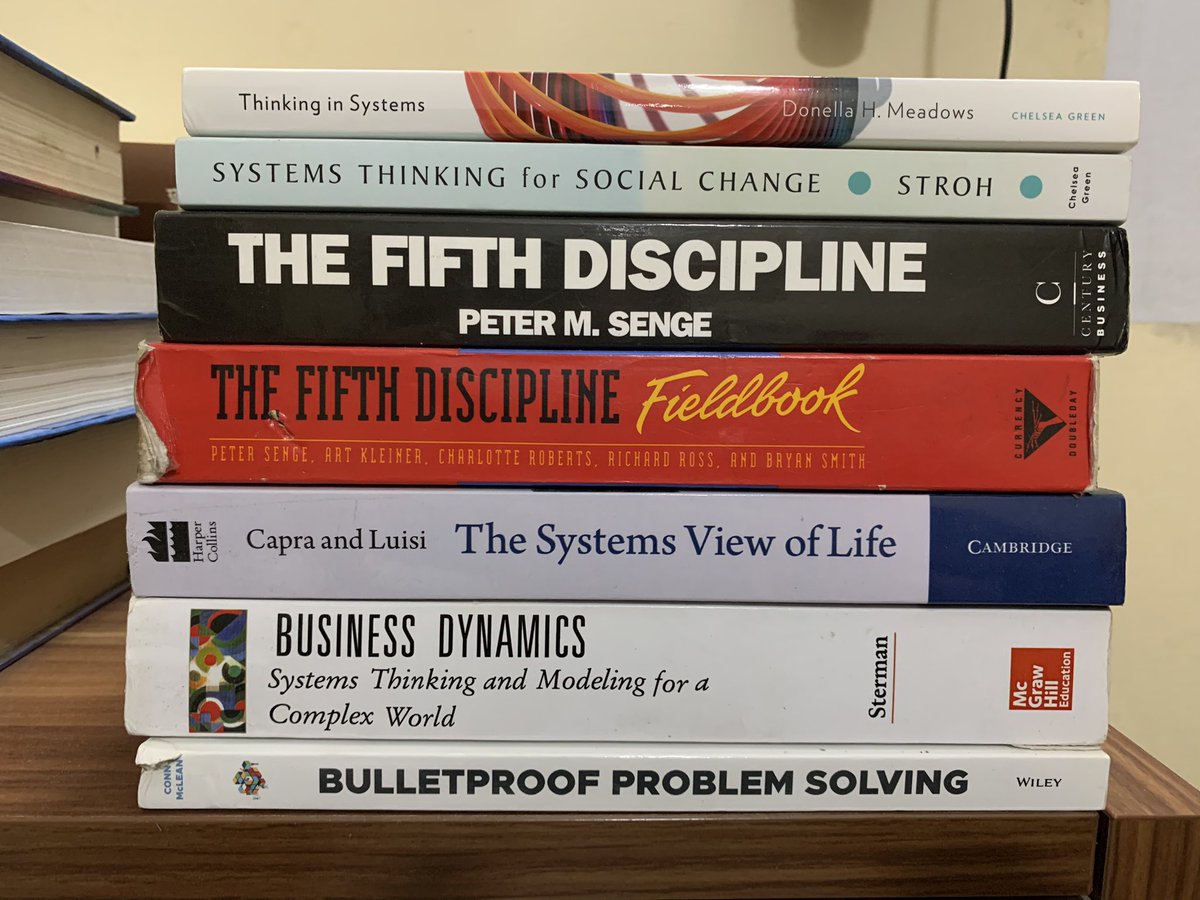India hasn’t reached this phase yet. However, it’s not a question of govt Vs private sector. It’s about how we strengthen our healthcare system capacity using a mix of govt, business, philanthropic, community, individual infra, readiness and contribution. It’s *we* not *they*.
https://twitter.com/rtnarch/status/1241779920294105090
Here's an example of how individuals can be prepared for some types of emergencies
forbesindia.com/article/ideas-…
forbesindia.com/article/ideas-…
The last thing we want now. Running down real, useful efforts to push some ideological agenda.
https://twitter.com/teddyschleifer/status/1242168063451000832
There is a general tendency to look at govt, markets, social sector, legal institutions as rivals. Even Raghuram Rajan frames these pillars in competitive terms. Some truth to it. But, they also have to work in harmony, esp in times of crisis.
https://twitter.com/rmnth/status/569814332080410625
Yes. It's a bad idea to see one as a substitute for another.
We need to move from 'either/or!' to 'why not both?'
We need to move from 'either/or!' to 'why not both?'
https://twitter.com/akhilkatyal/status/1242875720851795971
As Indian govt prepares to give money to people who need it most, its capacity to deliver it is greatly enhanced by digital infra it built over the last 10 years incl Aadhaar & Micro ATMs. (+ back A/Cs)
This is from a piece I wrote in December 2017. foundingfuel.com/article/when-a…
This is from a piece I wrote in December 2017. foundingfuel.com/article/when-a…

Takes a huge burden (of cash distribution) away from local admin, which can now focus on food grains, healthcare logistics.
So far, we paid too little attention to state capacity. Let's hope we sail through this with support from other pillars 👇
rbi.org.in/scripts/BS_Spe…
So far, we paid too little attention to state capacity. Let's hope we sail through this with support from other pillars 👇
rbi.org.in/scripts/BS_Spe…
"Given the scale and scope of the issue, tap every single network available to us - business correspondents, MFIs - to put money in the hands of people" ~ @binduananth
(Yet another great interview by @dugalira. Will look forward to a new one every day)
(Yet another great interview by @dugalira. Will look forward to a new one every day)
This is a good time to come together & contribute.
https://twitter.com/mitujayashankar/status/1243545078385147904
Fighting this war will need contributions from all - government, market, social sector and society
https://twitter.com/nachiketmor/status/1243705379134951424
"This is the worst time for playing 'them' vs 'us'."
Absolutely!
Absolutely!
https://twitter.com/pranaykotas/status/1243798073408512000
India Post Payments Bank might be able to solve a good part of last mile problem in rural areas.
https://twitter.com/ippbonline/status/1243841049715331072?s=21https://t.co/C0FGk4vmO9
Some more great examples
https://twitter.com/chandrarsrikant/status/1243848293307674624
I've heard so many stories from my friends in banking & financial services, solving India's last mile problem is tough. Examples 👇
https://twitter.com/nsitharamanoffc/status/1243804460150738951
Station House Officer Arvind Kumar, 48, is making sure that the poor people in his police station's jurisdiction (Defence colony in Delhi) are not left hungry.
outlookindia.com/website/story/…
outlookindia.com/website/story/…
"We all failed to instil confidence in our fellow citizens." @krish_ramkumar
https://twitter.com/krish_ramkumar/status/1243925633459056641
A crisis highlights, amplifies and worsens the problems that already exist in a society. A crisis also gives us an opportunity to correct some of them.
A group of educators are supporting lockdown hit families in Malwani, the second biggest slum in Mumbai. (h/t @jarshadnk)
fundraisers.giveindia.org/projects/377
fundraisers.giveindia.org/projects/377
• • •
Missing some Tweet in this thread? You can try to
force a refresh















